At Antioxi, we know functional mushrooms like Turkey Tail, Reishi, and Lion’s Mane are powerful allies for immunity, focus, inflammation, and overall vitality.
But if you’re on prescription medications, it’s key to use them safely.
These mushrooms are biologically active and can interact with certain drugs - boosting or reducing their effects. This matters most for those on blood thinners, cancer treatments, autoimmune meds, or liver-supporting drugs.
Below, we break down potential interactions so you can enjoy mushroom benefits confidently, always in consultation with your healthcare provider.
| Mushroom | Potential Drug Interactions | Drug Classes / Examples |
|---|---|---|
| AHCC | Induces CYP2D6 and aromatase enzymes |
|
| Agaricus Blazei | May lower blood sugar |
|
| Chaga | Lowers blood sugar, immune stimulant, slows clotting |
|
| Cordyceps | Affects platelet aggregation |
|
| Enokitake | May affect hormone levels (testosterone) |
|
| Lion’s Mane | Lowers blood sugar, stimulates immune system, slows clotting |
|
| Maitake | Lowers blood sugar and blood pressure |
|
| Mesima | Immune stimulant |
|
| Oyster Mushroom | Minimal known interaction |
|
| Reishi | Lowers blood pressure, immune stimulant, slows clotting |
|
| Shiitake | Affects liver enzymes, stimulates immune system |
|
| Tiger Milk | Anticoagulant properties |
|
| Tremella | May affect liver enzymes (CYP450) |
|
| Turkey Tail | Alters metabolism of chemotherapy drugs, lowers blood sugar, slows clotting |
|
| Poria Cocos | Affects acetylcholine levels, may cause sedation |
|
Tips for Safe Supplement Use
Quick tips: Consult w/ HP · Low Starting Dose · Monitor Symptoms · Journal & Track Progress
-
Consult Your Healthcare Provider
Always inform your doctor about the supplements you’re taking, especially if you are on prescription medications.
-
Start with Low Doses
Gradually increase dosage while monitoring for any adverse effects or changes in your condition.
-
Monitor Your Symptoms
Watch for signs like dizziness, bleeding, or unusual fatigue, which could indicate interactions.
-
Keep a Supplement Journal
Document any changes in symptoms or reactions to better identify potential interactions.
Final Thoughts
Mushrooms are a powerhouse of health benefits, but their potential to interact with medications cannot be ignored. Understanding these interactions is key to using Antioxi Supplements safely and effectively. Always prioritize open communication with your healthcare provider and approach supplementation with an informed mindset.
References
- Evaluation of AHCC in combination with anticancer hormones - PubMed.
- Exploring Edible Mushrooms for Diabetes - PMC (NIH)
- The Effect of Mushroom Extracts on Human Platelet and Blood Coagulation - PMC (NIH)
- Turkey Tail overview (mechanisms & precautions) - WebMD | Gaia Herbs
- Lentinan (Shiitake) CYP1A suppression - PubMed
- Reishi review - Memorial Sloan Kettering (Reishi summary)
- Maitake metabolic & blood pressure effects - PMC
- AHCC summary (uses & pharmacology) - Drugs.com
- Medicinal mushrooms: bioactive compounds & clinical trials - PMC
- Additional mechanistic and immunomodulatory reviews - MDPI | PMC

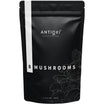
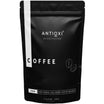
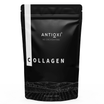



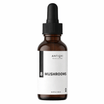
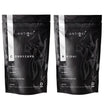

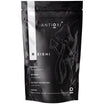
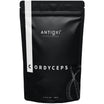
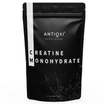
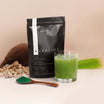
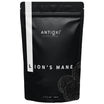
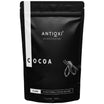
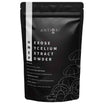
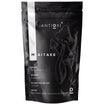
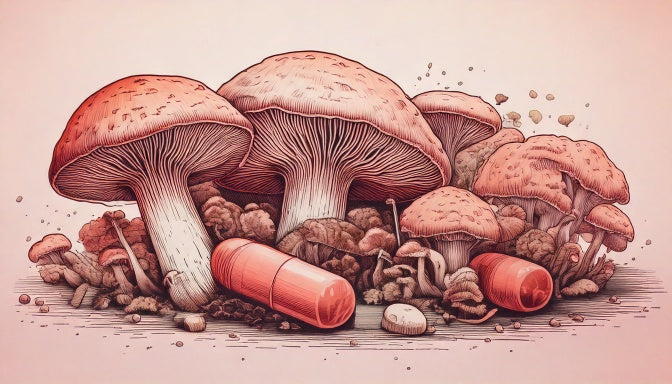

2 comments
Sarah Steed
Good evening
My dog takes Amantadine for arthritis
Is it ok that she takes Turkey tail mushroom powder too ?
Thank you
Ken Tiegs
I’m 80 yo. Just had a severe heart attack. Am on plavix, and blood pressure meds.
Had to quit my mushroom supps. Would like to take something for immune system.
Any ideas?
Blessings
ken
Leave a comment
All comments are moderated before being published.
This site is protected by hCaptcha and the hCaptcha Privacy Policy and Terms of Service apply.